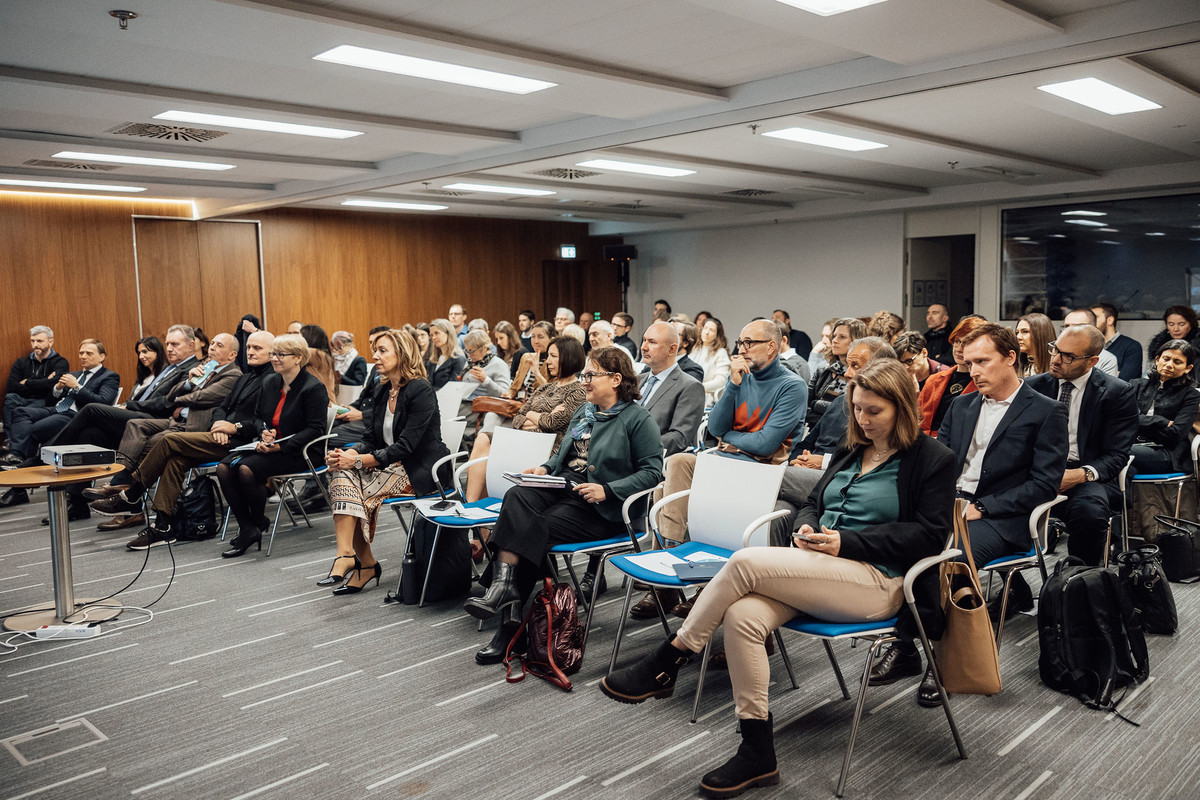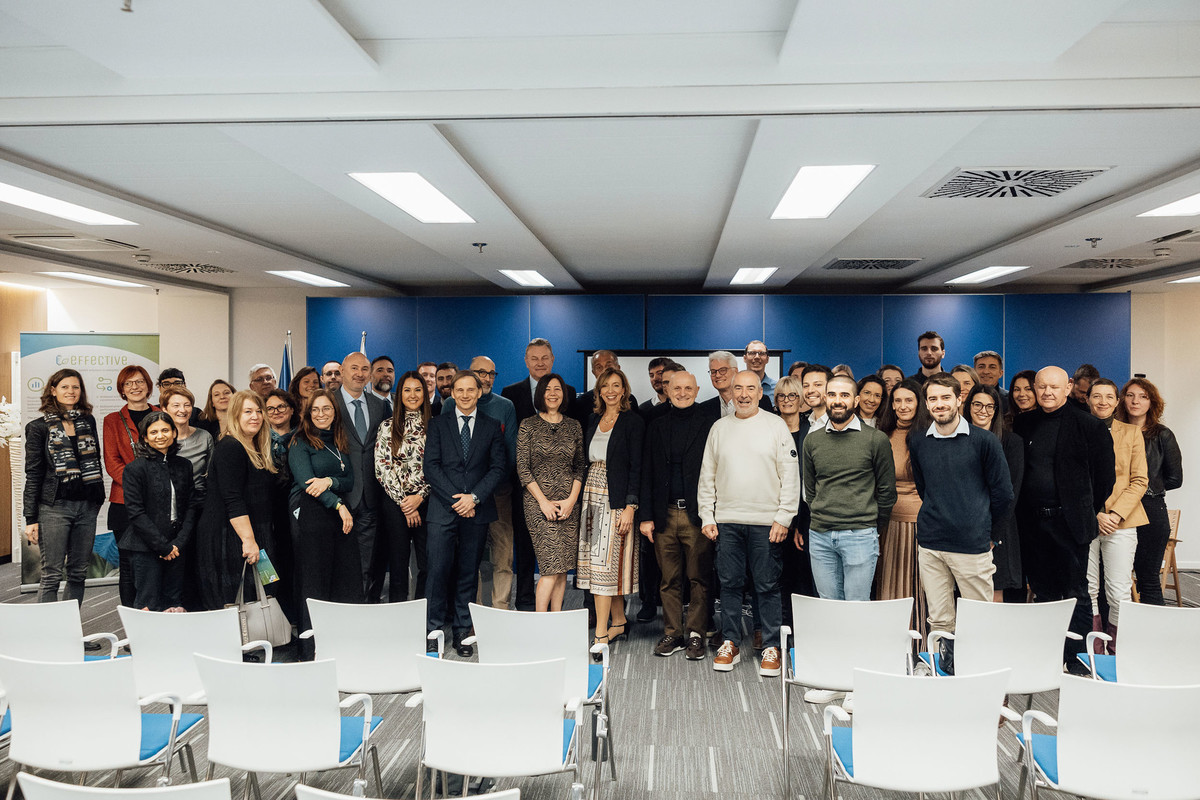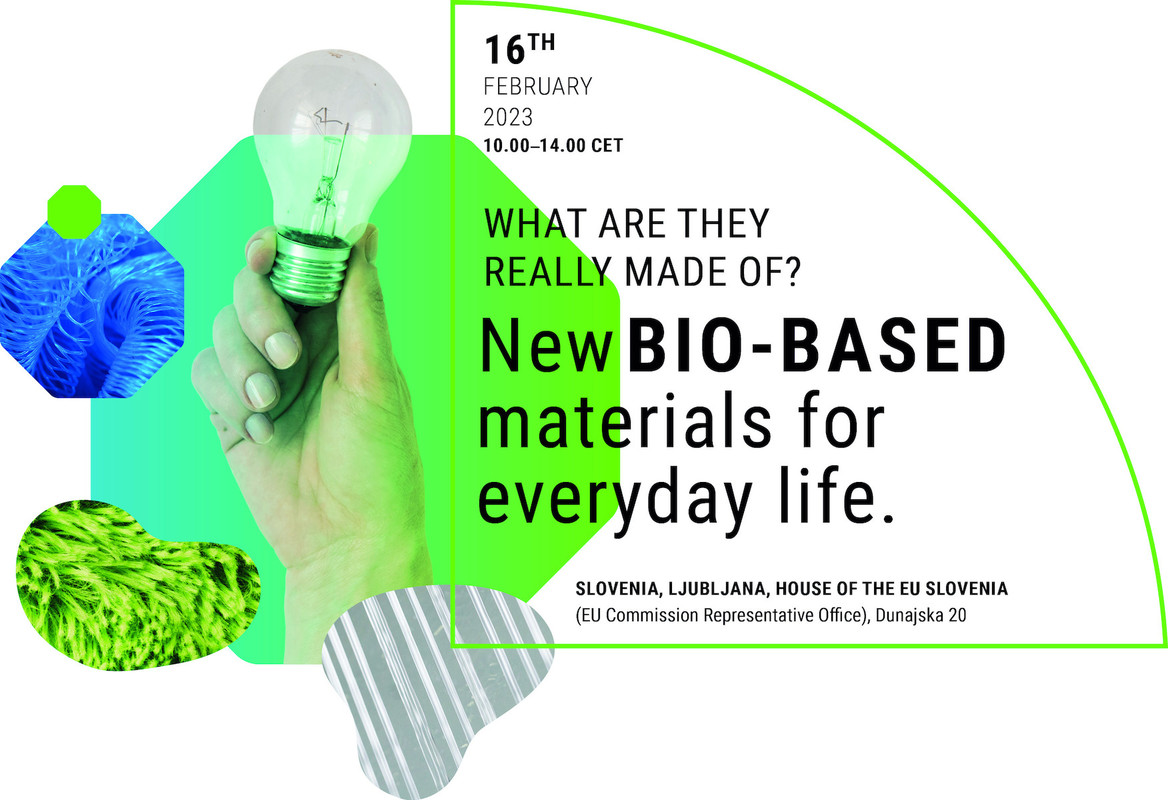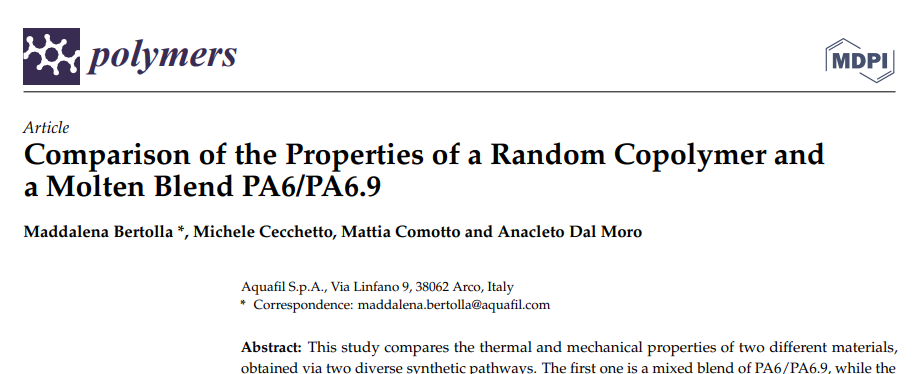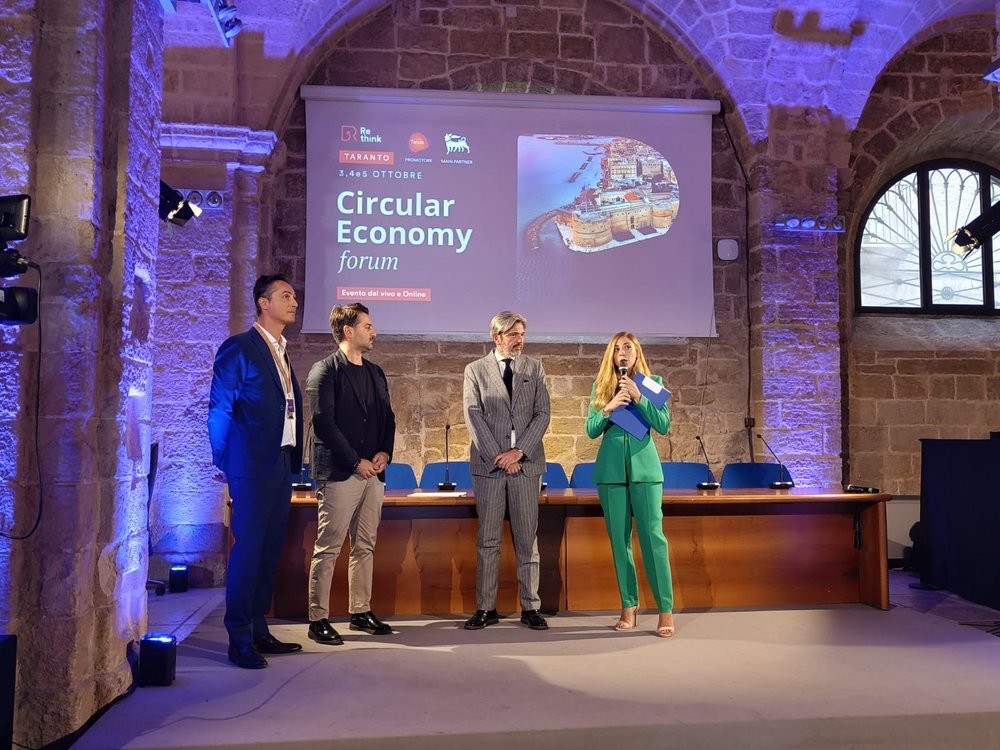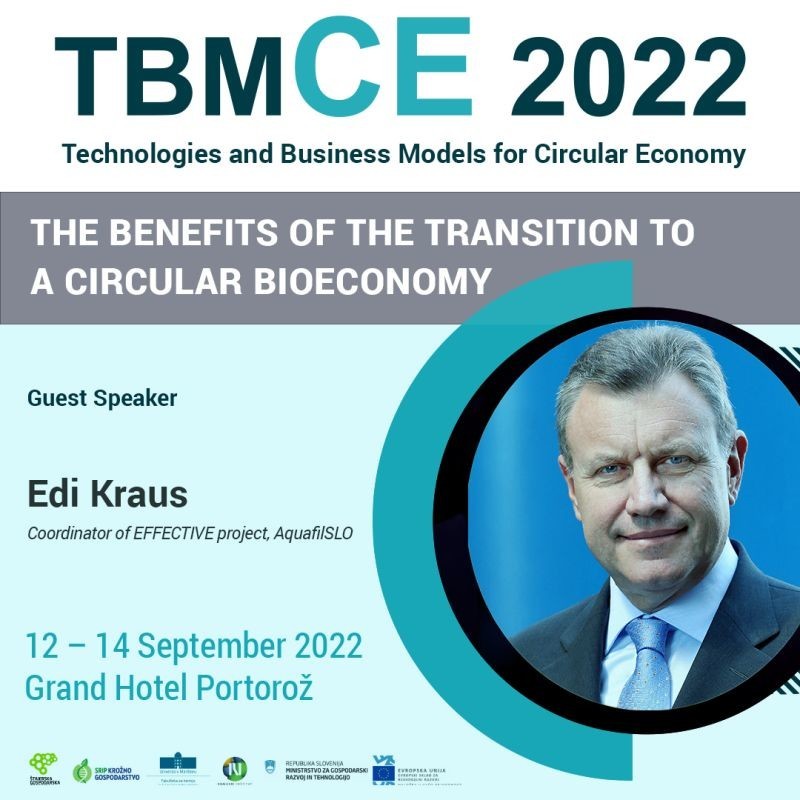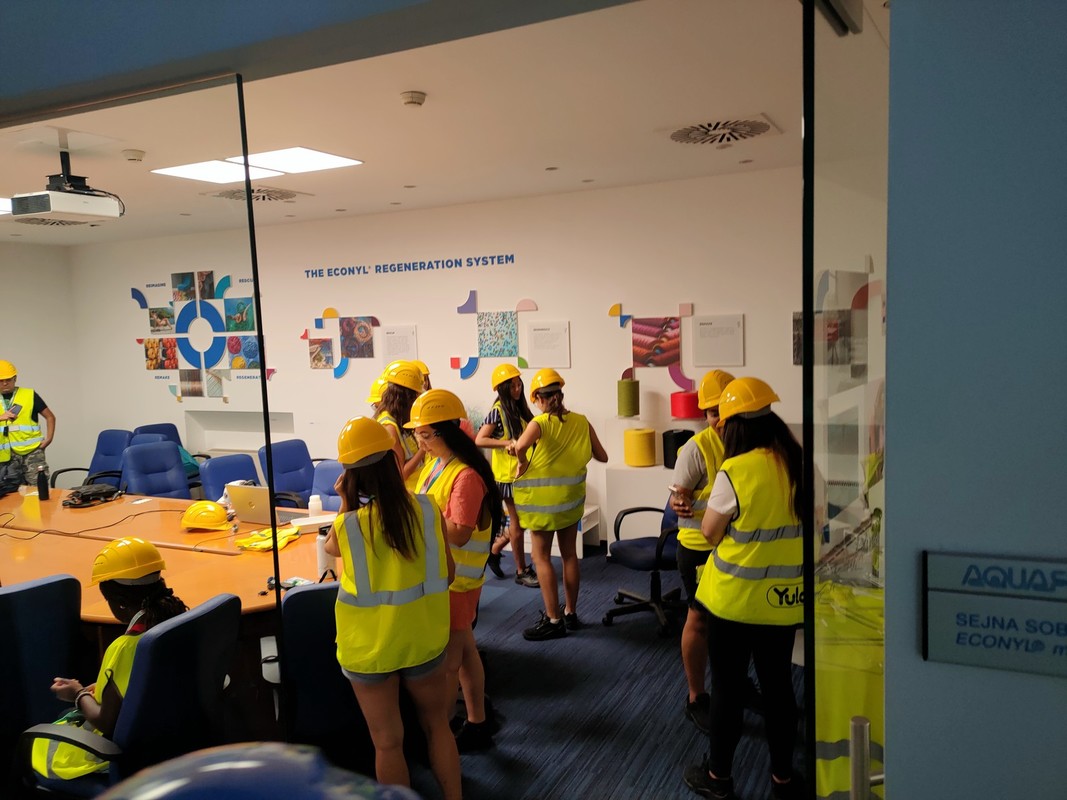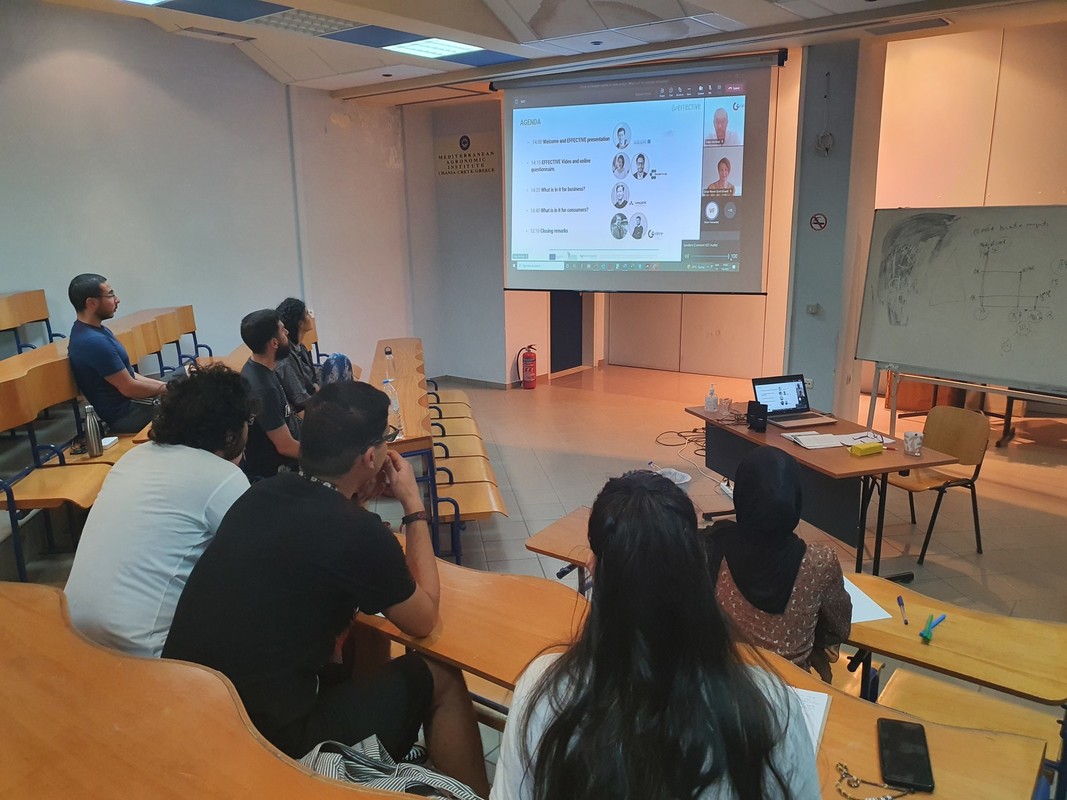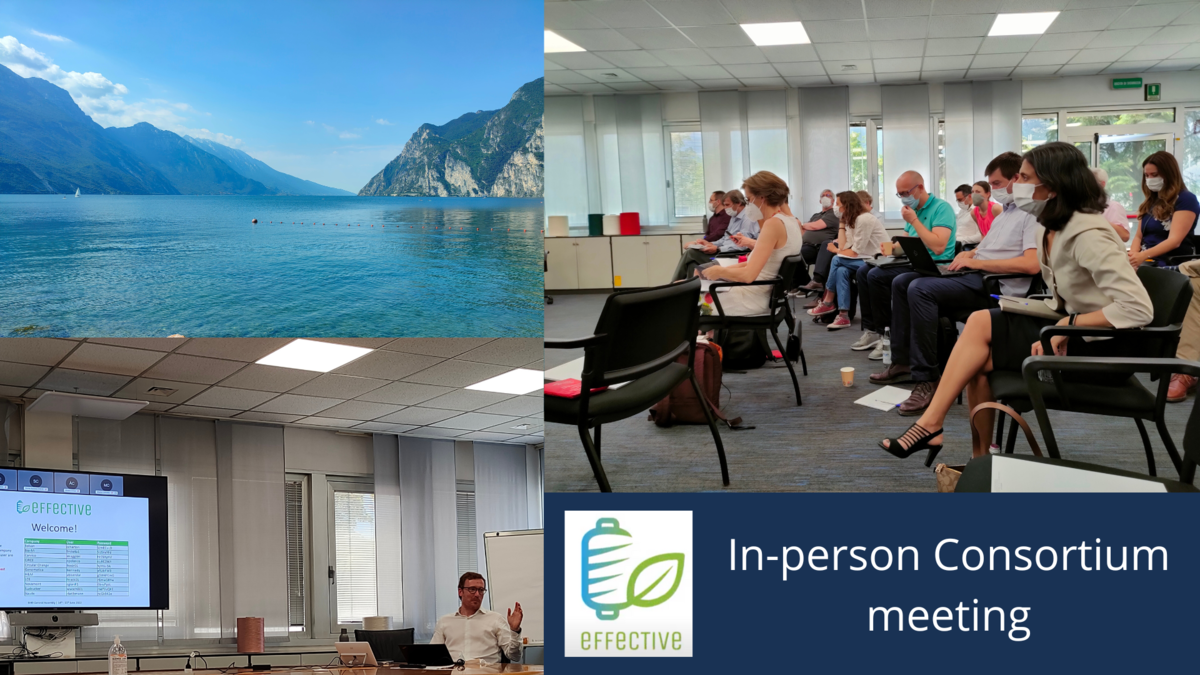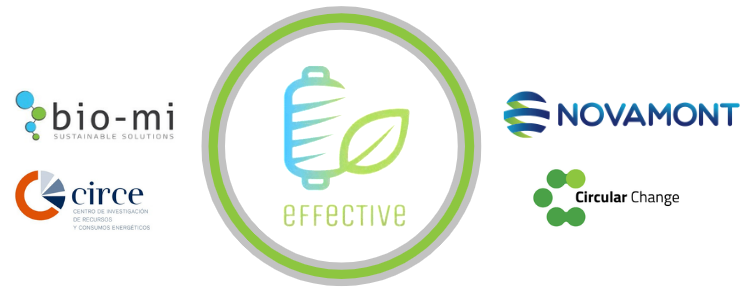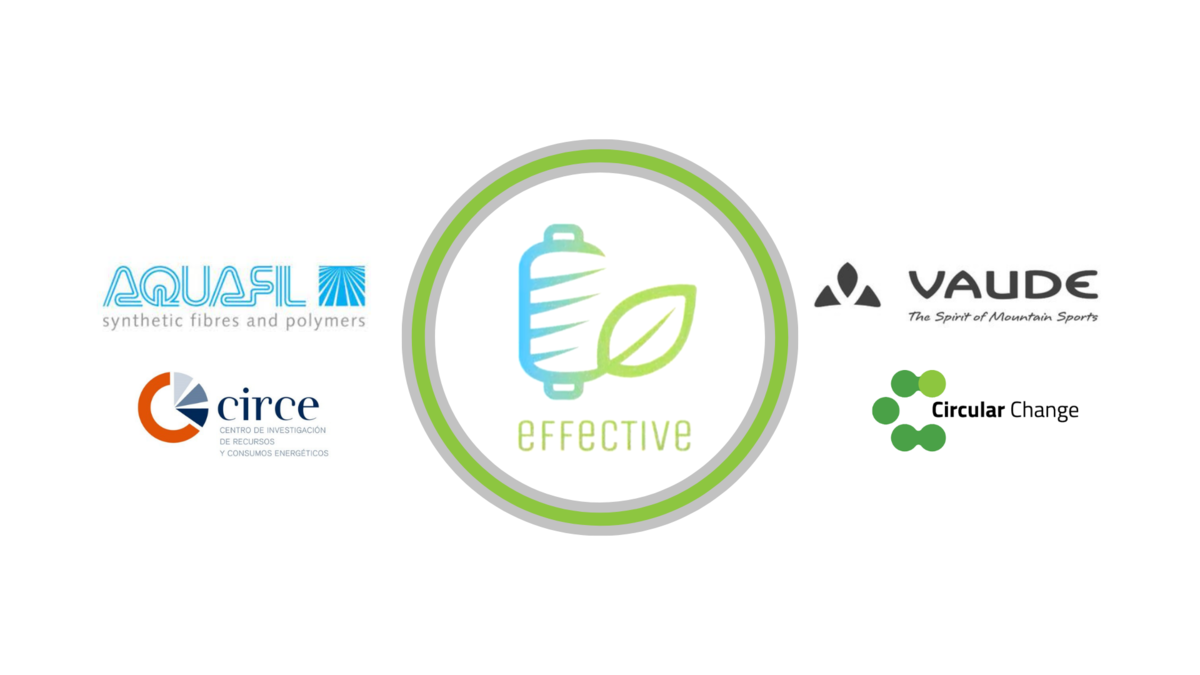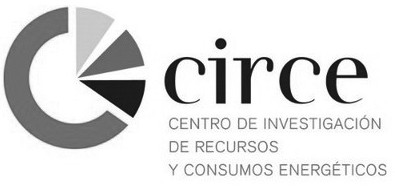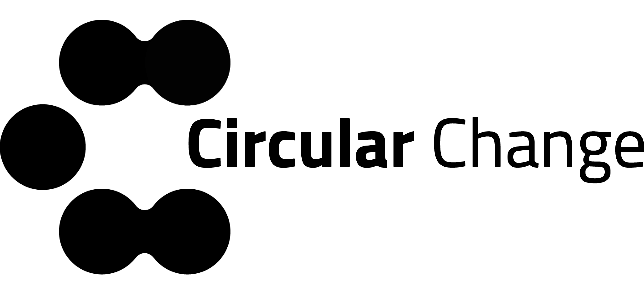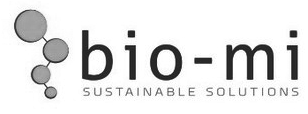INTRODUCING PROJECT EFFECTIVE
A NEW ERA OF FIBERS AND PLASTICS
Project EFFECTIVE is a multi-company collaboration to produce more sustainable bio-based fibers and plastics for large consumer products by using renewable feedstocks and innovative technologies.
Our goal is to reshape entire product value chains by designing new products for a better tomorrow. Because we care about the end-life of our products, EFFECTIVE embraces the circular economy to close the material cycle and make sure we maximize the value of every fiber and plastic we create.
NEWS
OUR MISSION
The production of many materials that we use in our daily lives depletes precious non-renewable resources and puts an immense strain on the environment. This is particularly significant in the case of plastic materials, which are generally non-biodegradeable and whose recycling potential is still underexploited. We need to design better materials, make them more efficiently, and handle them more responsibly.
The EFFECTIVE partnership will answer this call by connecting bio-based economy with circular economy. We plan to demonstrate sustainable production processes to reduce the amount of fossil-based feedstocks needed for manufacturing and demonstrate better ways for reusing and recycling our products.
THE EFFECTIVE CIRCLE
The innovative process introduced by the EFFECTIVE project begins with creating and manufacturing bio-based polyamids and polyesters, and continues with a demonstration of their usability in large consumer products. Finally, by demonstrating circular ways of end-of-life treatment of our products, the loop is closed, and the EFFECTIVE circle continues.


1. Sustainable feedstock
- Production of sustainable fermentable sugars
- Identification of the most promising sources of sustainable vegetable oil

2. Conversion to raw materials
- Conversion of sustainable feedstock into monomers for the production of biobased polyamides and polyesters

3. Chemical process
- Polymerization of biobased polyamides and polyesters

4. Production process
- Production of polyamide fibres
- Production of polyamide films
- Production of polyester films

5. Products
- Manufacturing of garment products from polyamide fibres
- Manufacturing of carpet products from polyamide fibres
- Manufacturing of primary packaging from polyamide films
- Manufacturing of secondary packaging from polyester films
- Biodegradation/composting of polyesters - A
- Chemical recycling of polyamides - B
- Mechanical recycling of polyamides - C

